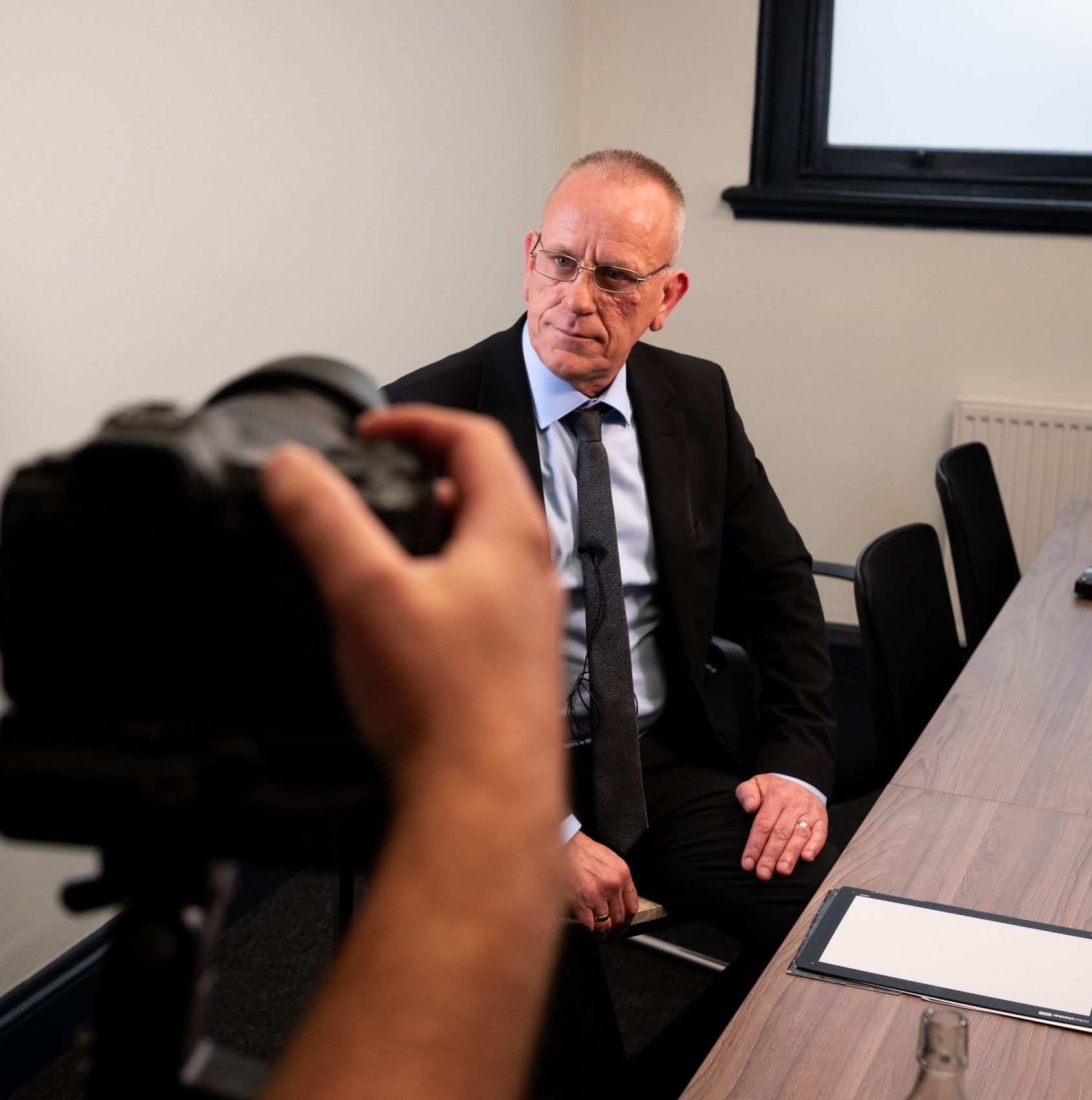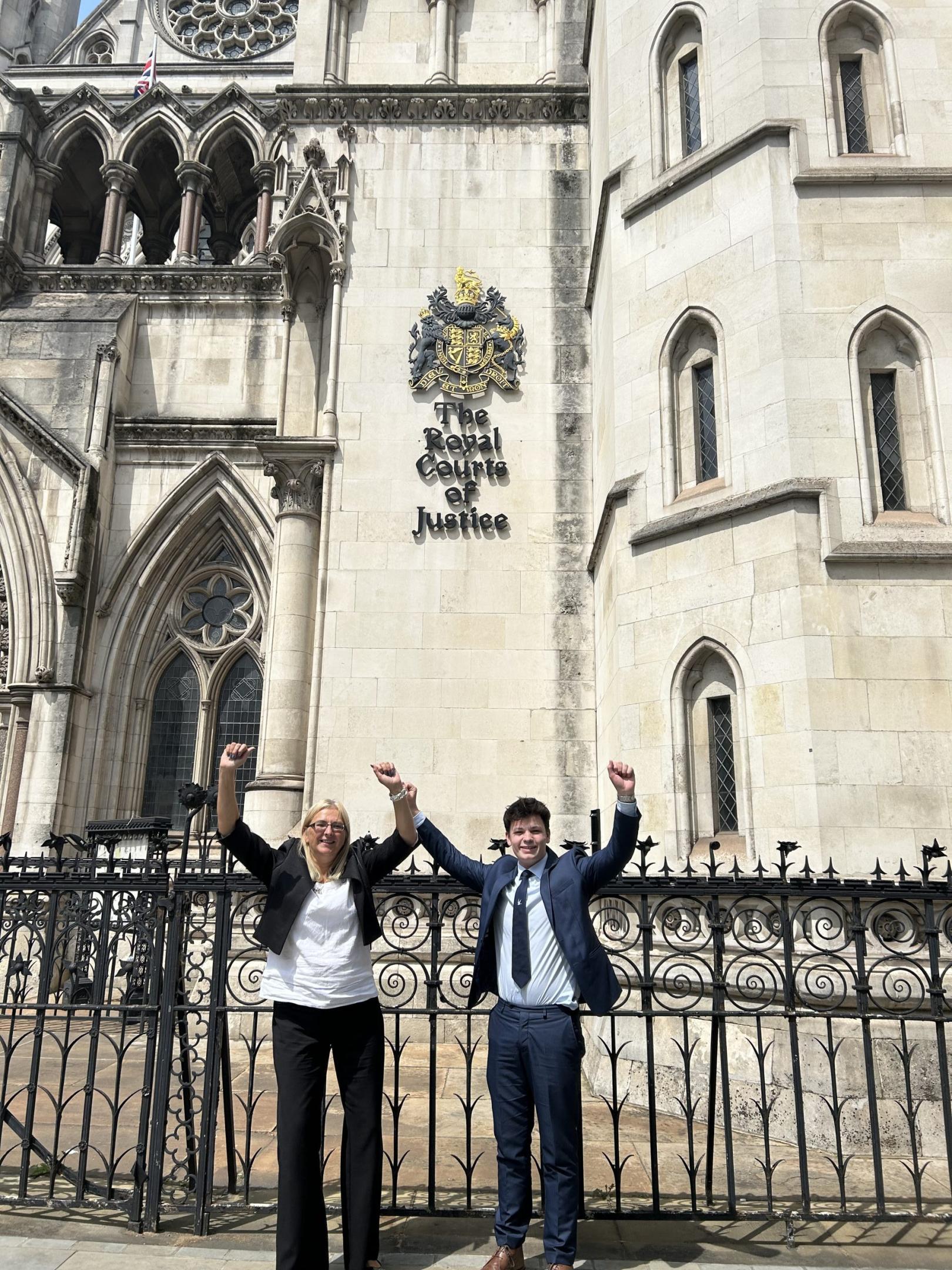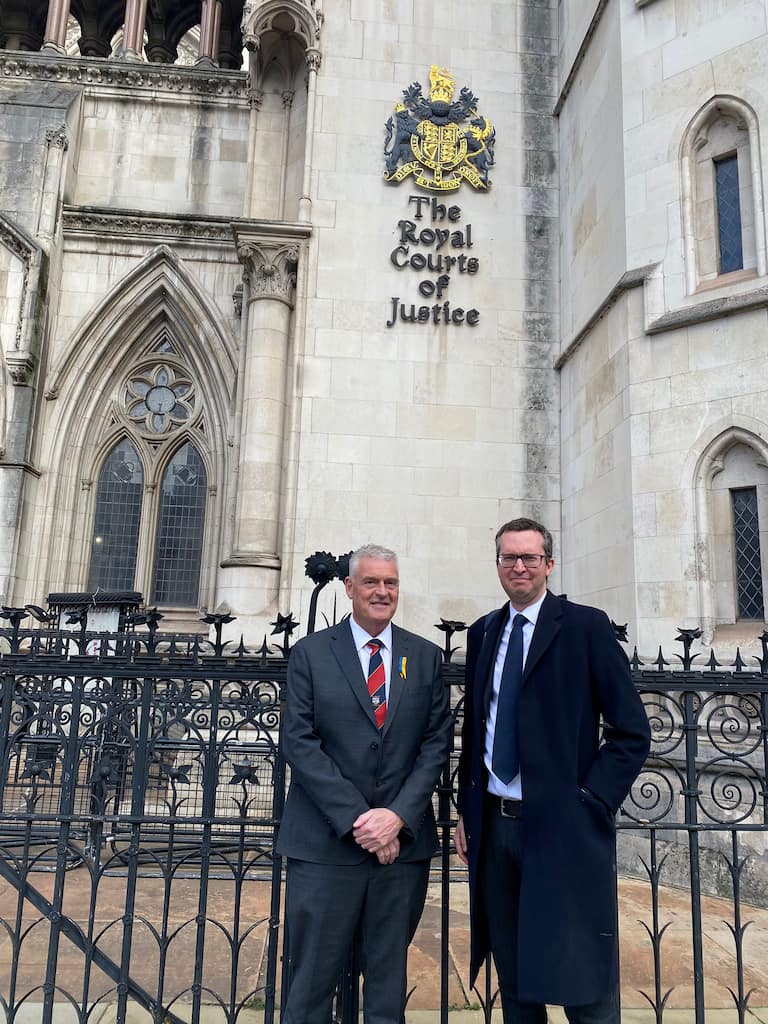Growing Enquiries About Relocation to the UAE
International relocation of children is one of the most complex and sensitive issues in family law, especially when it involves vastly different legal systems and cultures. Enquiries to Astraea Linskills regarding the relocation of children from the United Kingdom (UK) to the United Arab Emirates (UAE) is growing. In our experience this is being driven by employment opportunities and lifestyle preferences. However, it presents a range of legal and practical challenges for parents, childrn and lawyers.
Consent Requirements Under UK Law
From a legal perspective, when parents are separated, the UK courts treat the relocation of a child abroad with very serious caution. Under UK law, a parent cannot unilaterally relocate a child to another country without either the consent of the other parent or a court order. Under s.1 of the Child Abduction Act 1984, it is a criminal offence for a parent or any connected person to remove a child under the age of 16 from the UK without the appropriate consent. This means consent must be obtained from all individuals with parental responsibility or permission granted by the court. A parent who takes a child abroad without this consent could face criminal prosecution, arrest, extradition proceedings and imprisonment. As such, legal advice is essential before making any international move with a child.
How UK Courts Assess a Proposed Relocation
When relocation to the UAE is proposed, the UK courts will examine factors such as the child's welfare, educational opportunities, living arrangements, the feasibility of maintaining contact with the non-relocating parent and the re-locating parent's commitment to facilitating that contact. This requirement stems from the essential principle of safeguarding the best interests of the child and maintaining their relationship with both parents.
Challenges Due to the UAE's Non-Signatory Status
It is important to note the UAE is not a signatory to the 1980 Hague Convention on the Civil Aspects of International Child Abduction. This means that if a child is wrongfully removed to or retained in the UAE, the legal avenues for securing their return are limited. The UAE courts follow a combination of civil code and Sharia-based family law. As such UK court orders may not be enforceable in the UAE without a "Mirror Order" in place" therefore, legal advice is essential even where consent has been obtained.
Custody and Guardianship Differences in the UAE
In the UAE, custody/residence and guardianship are distinct concepts. Typically, mothers are granted physical custody/residency of children, while fathers retain legal guardianship. This means that fathers not mothers are the legal decision-making authority over important issues such as education, travel, and healthcare. Therefore parents relocating from the UK, most especially mothers, are advised to ensure they understand these differences and seeking legal advice in both jurisdictions is essential to avoid unintended consequences.
Managing Long-Distance Parenting
The non-relocating parent may face limited opportunities for direct contact, and struggle to navigate the practicalities of long-distance contact with their children not least because of both the physical distance and time zone differences between them. In today's modern age virtual contact through technology is an important enabler of long-distance parenting, but undoubtedly it cannot replace the emotional connection of regular, in-person contact and the re-locating parent may need to consider budgeting for either the child or non-relocating parent to regularly travel back and forth.
Early Legal Advice is Essential for Relocation Cases
Relocating children from the UK to the UAE requires careful legal planning, sensitivity to cultural differences, and a firm commitment to prioritising the child's welfare. For families considering such a move, early legal consultation and transparent communication between parents can help prevent disputes and ensure a smooth transition for children.













































